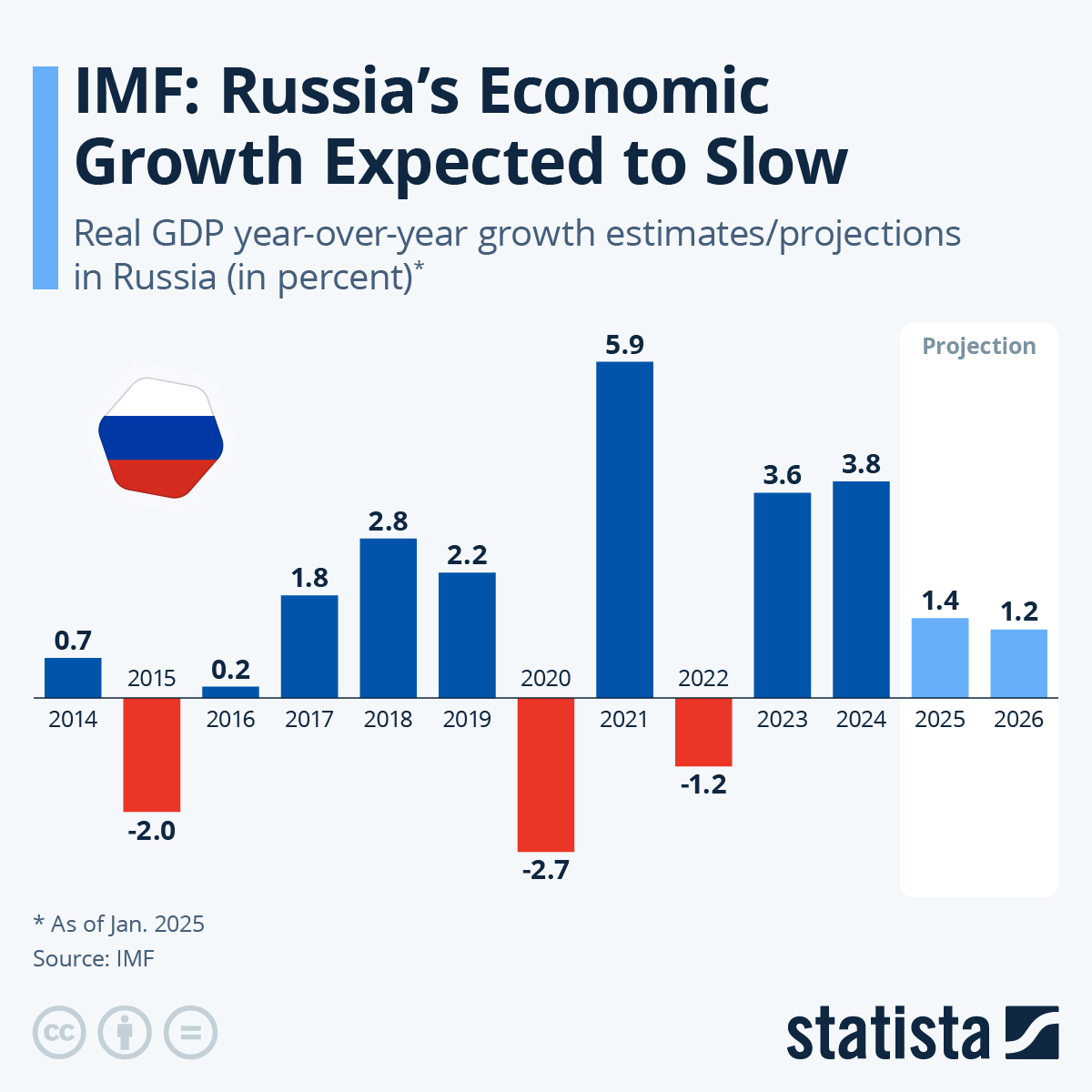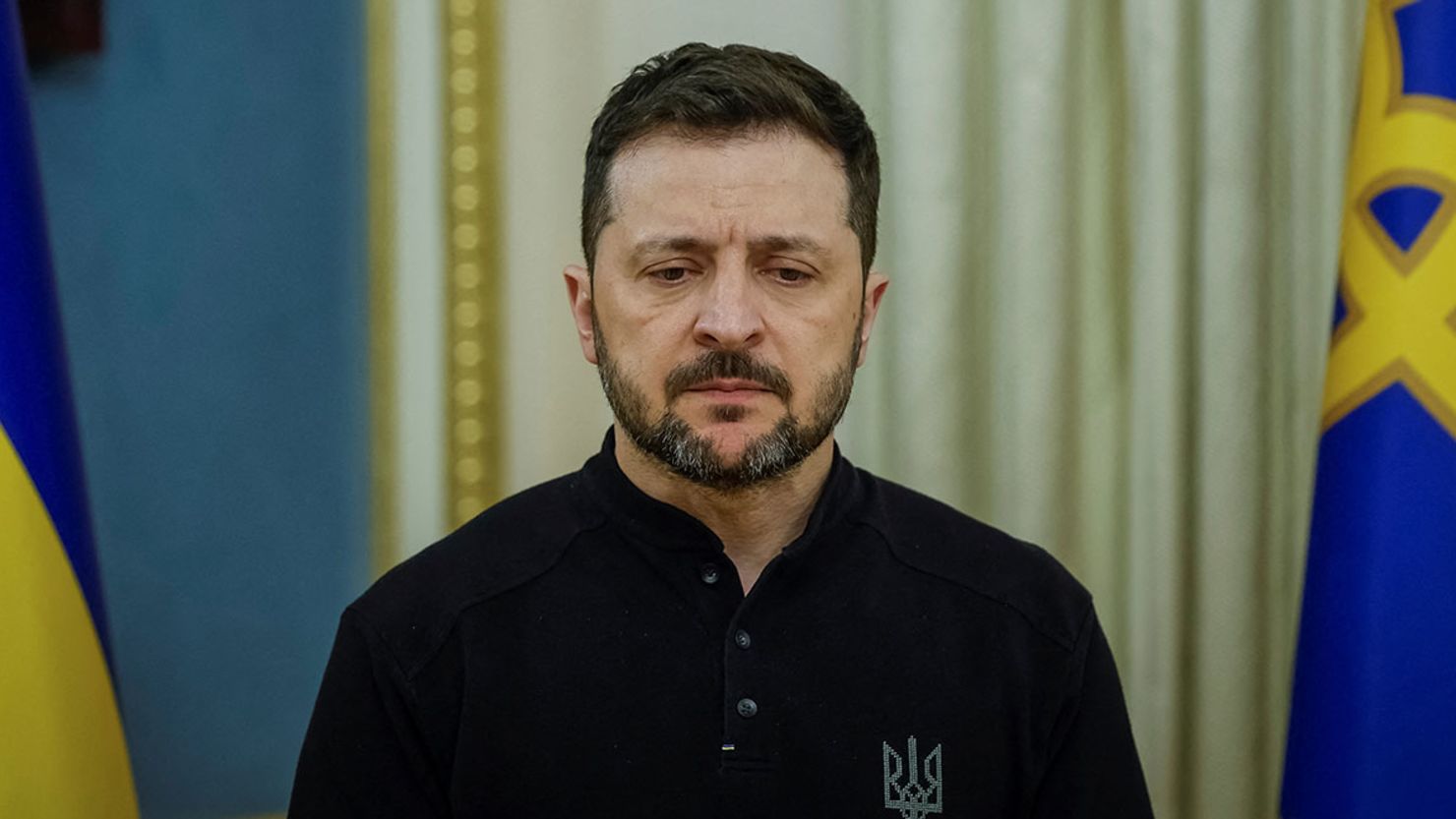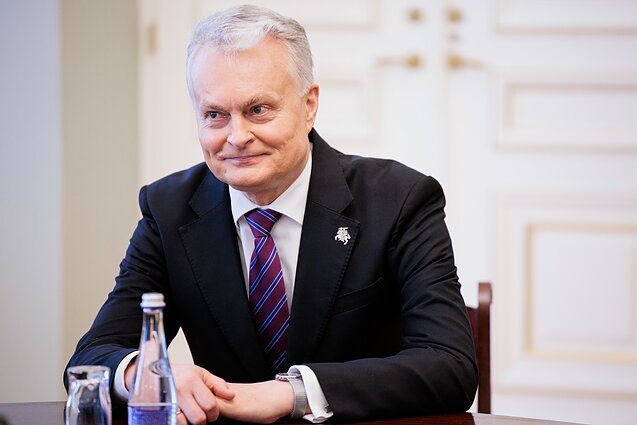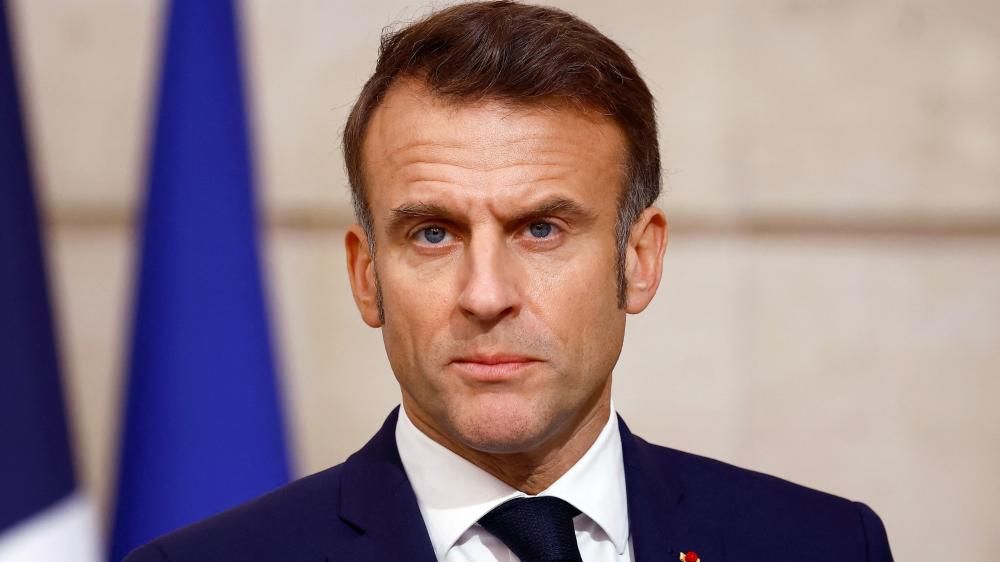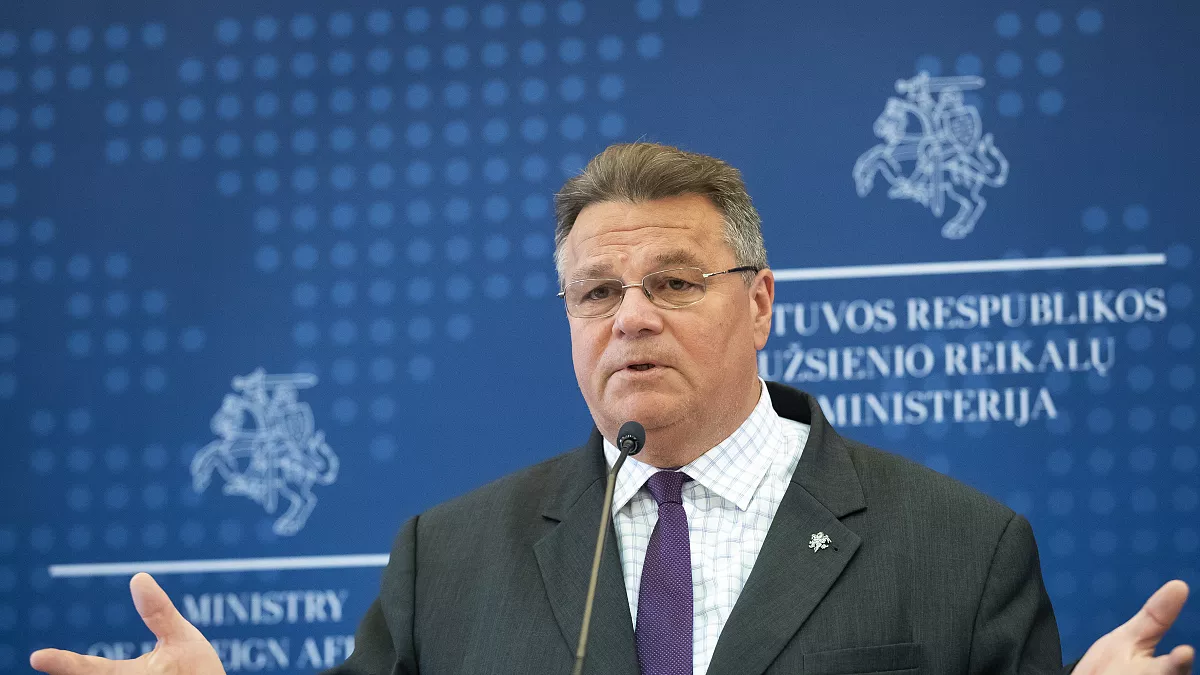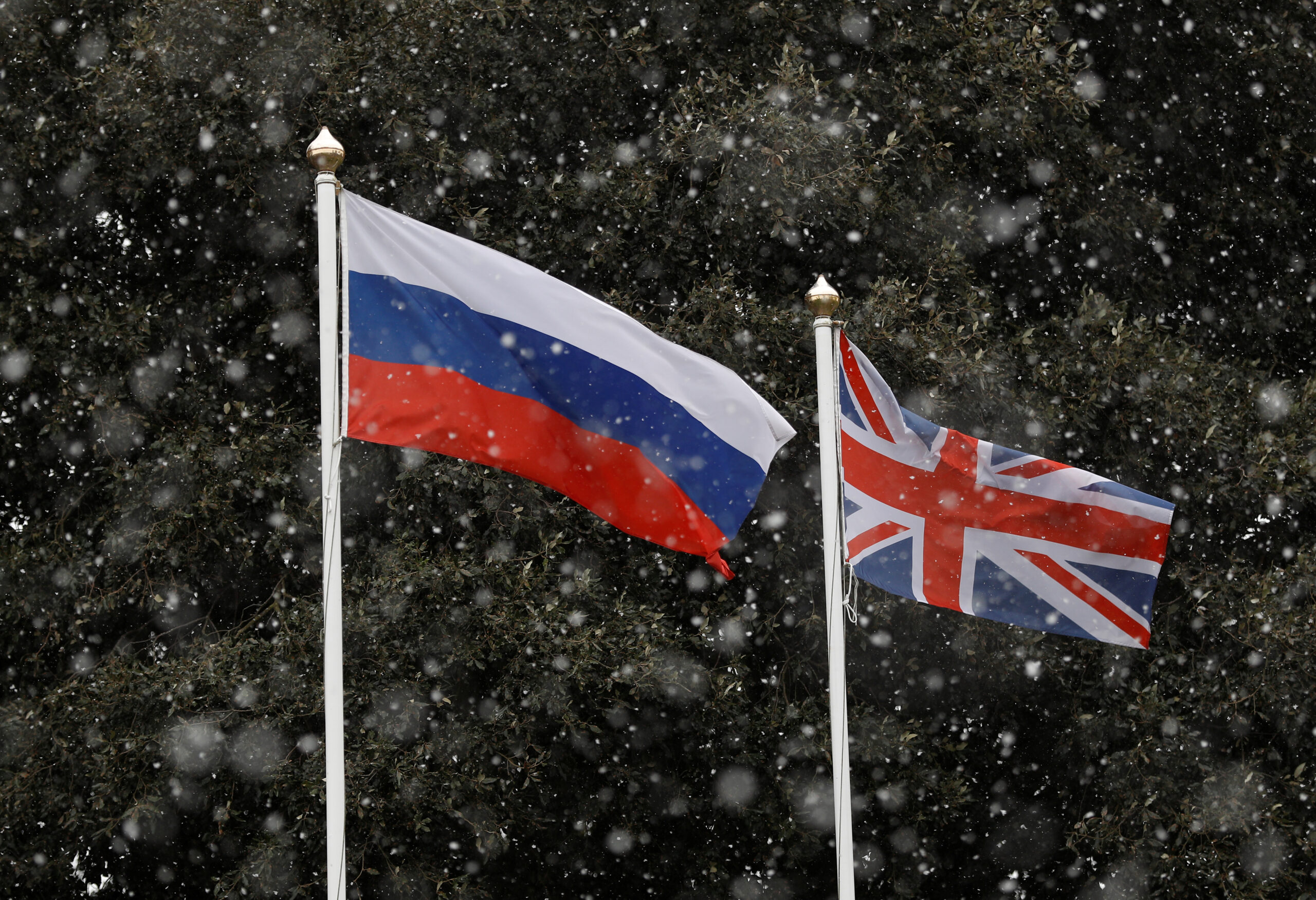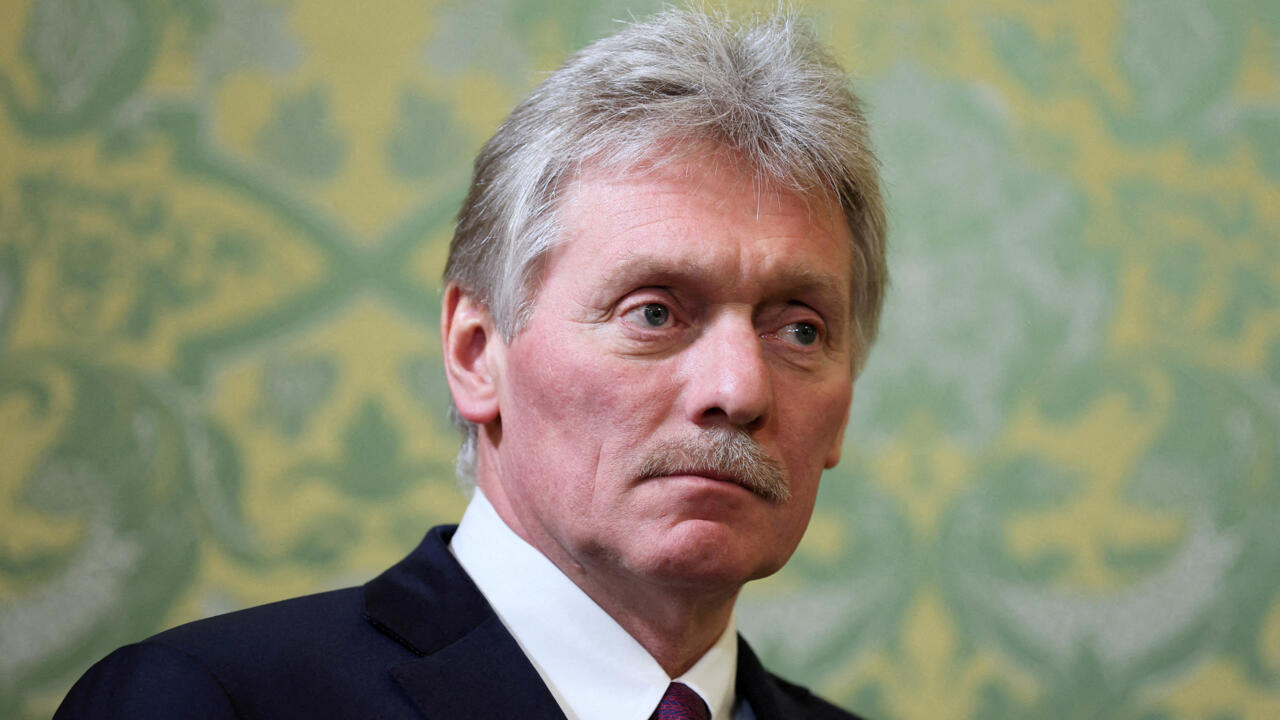Russian Airspace Chaos: Ukrainian Drone Attack Shuts Down All Moscow Airports
The timing of the drone strikes is particularly significant, as they occurred just days before Russia’s planned Victory Day celebrations, marking the 80th anniversary of the defeat of Nazi Germany. These celebrations were expected to be attended by foreign leaders, including China’s President Xi Jinping. The attacks have raised concerns about the security of such high-profile events.
In response to the escalating drone activity, Russia launched its own drone attacks on Ukraine’s Kharkiv and Odesa regions, resulting in casualties and infrastructure damage. Additionally, in the Kursk region, Ukraine claimed to have hit a Russian drone command center, killing 20 troops.
Ukraine has rejected Russia’s proposal for a three-day ceasefire, instead demanding a 30-day truce. The ongoing drone strikes and retaliatory measures underscore the intensifying nature of the conflict and the challenges in achieving a peaceful resolution.
The recent drone attacks on Moscow’s airports highlight the vulnerabilities in critical infrastructure and the growing capabilities of drone warfare. As the conflict continues, both Russia and Ukraine are likely to invest further in counter-drone technologies and strategies to protect their assets and maintain operational security.


